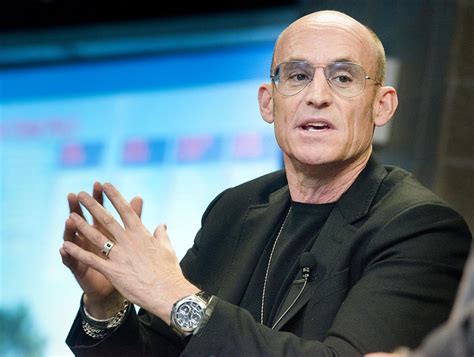A Quote by Burt Rutan
We didn't know the importance of home computers before the Internet. We had them mostly for fun, then the Internet came along and was enabled by all the PCs out there.
Related Quotes
My belief is that there will be very large numbers of Internet-enabled devices on the Net - home appliances, office equipment, things in the car and maybe things that you carry around. And since they're all on the Internet and Internet-enabled, they'll be manageable through the network, and so we'll see people using the Net and applications on the Net to manage their entertainment systems, manage their, you know, office activities and maybe even much of their social lives using systems on the Net that are helping them perform that function.
When I was 8 or 9, I started using bulletin board systems, which was the precursor to the Internet, where you'd dial into... a shared system and shared computers. I've had an email address since the late '80s, when I was 8 or 9 years old, and then I got on the Internet in '93 when it was first starting out.
I use many different gadgets connected with computers; I use PCs, laptops and a Palm Pilot. I also use the Internet to visit websites, especially within Polish-language Internet. I usually go to political discussion groups and sites - of course, as I use my real name, people never believe that they are chatting with me!
If you offer people a decent service, if you give them you know Internet access, if their phones are not cut off on the trains, you know if you have plugs where they can plug in their computers, and if you have a smiling, cheerful staff; and if you can travel really quickly, then you can make a success out of the rail business.
I was standing on the shoulders of other science fiction writers like William Gibson, who had written 'Neuromancer' on a typewriter before home computers even really existed, and Neal Stephenson who wrote 'Snow Crash' in the early '90s and imagined an online virtual world before the birth of the modern Internet.
When the Internet came along, at first it was just a medium for moving text around - books first, then pictures, finally video. Each time the bandwidth expanded, so did the capabilities of the medium, and each time it happened, the Internet cannibalized preexisting formats. And each time, those formats had to adapt. Or die.





































